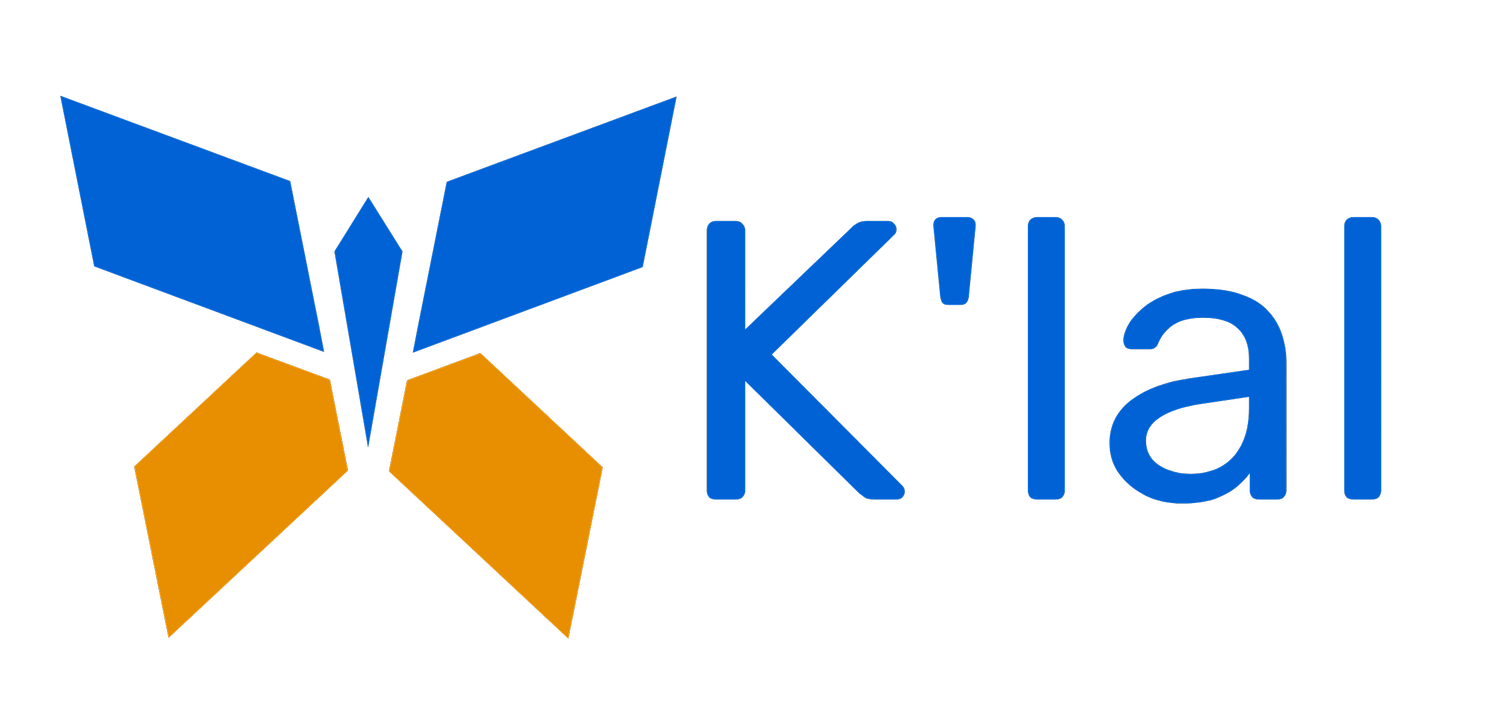
Technology Strategy
Centered on Safety & Security
We help organizations make technology decisions that protect their people, data, and mission—from cybersecurity assessments to AI governance to vendor evaluation. Because your technology should advance your work, not put it at risk.
Deep expertise in security, human rights, and organizational resilience
Organizations around the world rely on technology for everything: education, connection, advocacy, fundraising, and safety. Yet many lack the resources, frameworks, and guidance to make smart, safe decisions about technology. Meanwhile, digital threats are intensifying—from data breaches and targeted attacks to AI governance challenges and platform vulnerabilities.
K'lal exists to ensure organizations aren't just reacting to digital threats, but proactively building technology strategies that strengthen, rather than compromise, their missions.
Our team brings decades of experience in digital security, human rights, and organizational resilience. We believe that effective technology strategy requires both technical expertise and a deep understanding of the communities and causes our clients serve.
Serving civil society, with a focus on specific communities and sectors.
Community
Groups
We help organizations adopt technology securely without overwhelming limited resources or technical capacity.
Nonprofit Organizations
We have decades of experience working with organizations for whom digital security directly impacts mission effectiveness and stakeholder safety.
Jewish
Communities
We have a deep understanding of the unique security challenges facing Jewish institutions worldwide—from synagogue safety systems to communal data protection to educational technology.

Our Services
Security Training & Education
Practical workshops for staff at every level—from executive leadership making strategic decisions to frontline staff handling sensitive data and communications.
Security-First Tech Strategy
Technology planning that starts with safety—cybersecurity assessments, vendor evaluation, data protection policies, and strategic roadmaps that protect your organization while advancing your mission.
Policy Development
Policies around data governance, incident response, secure data storage, and safe messaging are central to digital resilience. We help organizations understand their current practices, gaps, and context to develop policies based on international best practices.
Digital Safety Assessments
Comprehensive evaluations of your organization's current technology, security posture, and risk exposure—with practical recommendations tailored to your mission and capacity.
People
-

Josh Levy
Founder / Principal
Josh is a nonprofit leader and technologist with nearly two decades of experience working in digital security, human rights, and technology advocacy. In 2017, after years spent directing technology and human rights advocacy campaigns as Campaign Director at Free Press and Advocacy Director at Access Now, Josh founded the Digital Security Exchange, a platform that connected cybersecurity experts with U.S. nonprofits in need of essential digital security support.
In 2018 he co-founded Center for Digital Resilience, a global NGO that facilitates digital security support for human rights communities from the Middle East and North Africa to Southeast Asia and Latin America. Josh was a 2017 non-resident fellow at Stanford’s Digital Civil Society Lab, holds an MFA in Integrated Media Art from Hunter College, and has a BA in English and Religion from the University of Vermont. He’s based in western Massachusetts. -

Galia Nurko
Founder / Principal
Galia is passionate about how technology shapes society, with a focus on its economic, social, and political impacts. A volunteer working with K’lal, she is the Director of Strategy and Development at the Global Cyber Alliance, leading growth strategy and partnerships. Previously, at DAI Global, she built a digital risk portfolio and co-authored USAID’s Cybersecurity Primer.
Galia has conducted research on digital access and trust in Ghana and India, and earlier served as Director of Media Relations at the Embassy of Israel to the U.S. Galia holds a Master’s in Foreign Service from Georgetown and a BA from The Ohio State University. Based in Ohio, she’s a 2024–2025 Richard W. Pogue Fellow and board member of the Mandel Jewish Day School. She speaks English, Spanish, and Hebrew.

Contact Us
Get in touch to hear how K’lal may be able to help your community or institution.




